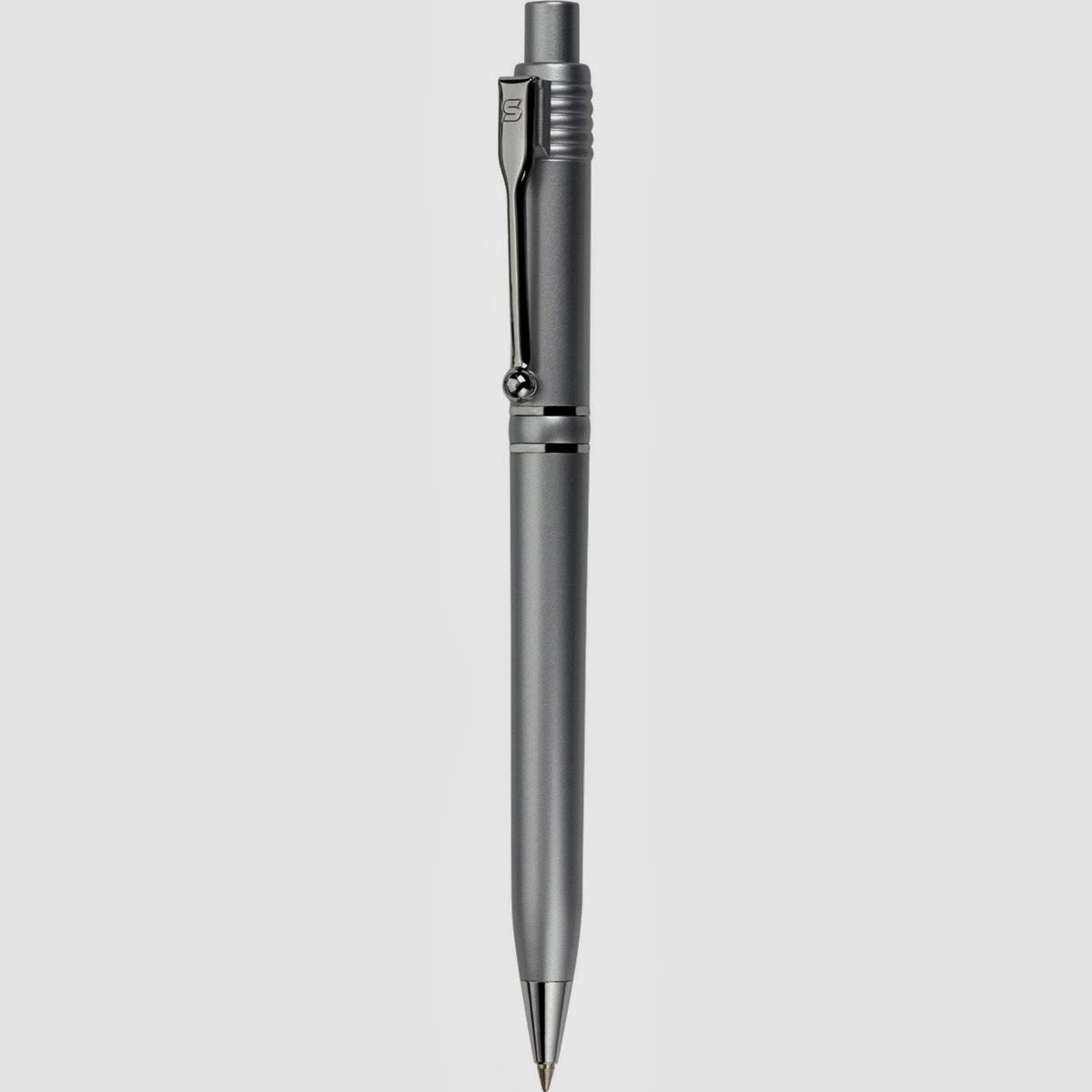Prior to drawing graffiti, many graffiti artists have to
deal with graffiti markers selection. The most common type of graffiti marker is spray paint because it is controllable
to spread colors and also quickly dry. This way has been widely applied even
since the old days. In fact, such permanent markers are actually
disadvantageous. To select the best markers, learn the types of graffiti markers as what follows.
Cutter. It is a
small felt-tipped marker, loaded with ink or paint. It is useful for drawing
small details, especially the details with multi colors. The tip is beveled,
easing the users to make sloping edges. Cutters are available in both colorful
and empty choices, letting you choose either you will use the available colors
or customize your own colors.
 |
| Cutter |
Broad tip. This type of graffiti marker has wide
rectangular tip which lets the users make broad paint and dark lines. The tip
is 2.25 inches wide which is good for medium sized tags; yet lacking since it
easily runs out of ink. Anyhow, broad tip markers can work well on metal or
wood surface.
 |
| Broad Tip |
Metal Tip. This type of graffiti marker is actually a
metal with a ball in the center. The design is a bit similar to a giant ball
point pen. It is also a bit difficult to use since even the professional
artists cannot work on it well unless they have good control over the amount of
paint delivering in drawing the graffiti.
 |
| Metal Tip |
Mop Tip. It is
good to deliver wide and dark lines, but only working the best for circular
shapes. The mop tip has fibrous brush, able to deliver opaque lines.
Unfortunately, this fibrous brush leaves bristles which can only make dust or
dirt on the graffiti surface area.
Squeeze Markers. The
marker is made from a soft and squeezable plastic, which can be equipped with
any kinds of tips. It also comes in a variety of shapes and sizes.
 |
| Squeeze Markers |
Now, consider your need and choose the best types of graffiti markers for your best
creation.





